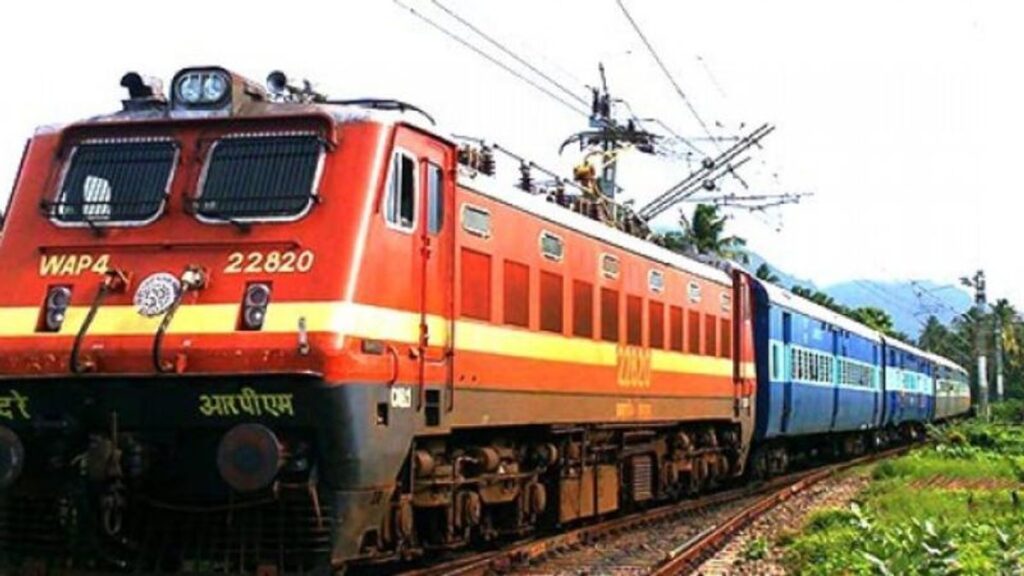Indian Railways’ new superfast train via Hubballi will cut Bengaluru-Mumbai travel time by 18 hours, offering faster, smoother, and more comfortable journeys.
Indian Railways is set to revolutionize travel between Bengaluru and Mumbai with the launch of a new superfast train that will dramatically reduce journey time by nearly 18 hours. This development comes in response to persistent demand from commuters and aims to enhance connectivity between two of India’s major metropolitan hubs.
Currently, the Udyan Express is the sole direct rail service between the cities, taking over 23 hours to traverse the 1,136-kilometre route. With more than 30 stops, the journey is often lengthy and exhausting, especially for business travelers and tourists.
The new train will operate via Hubballi, covering central Karnataka and offering a streamlined route with fewer halts. Starting from Sir M. Visvesvaraya Terminal (SMVT) in Bengaluru and ending at Chhatrapati Shivaji Maharaj Terminus (CSMT) in Mumbai, the train will pass through key stations including Tumakuru, Davangere, Haveri, Hubballi-Dharwad, and Belagavi. Officials have stated that the final list of stops will be confirmed following approval from the Railway Board.
Also Read: Anekal to be added to Greater Bengaluru Authority limits soon: DK Shivakumar
Union Minister Pralhad Joshi emphasized the importance of the new route, noting that it will improve access to Mumbai for passengers from underserved regions in Karnataka. The train is expected to ease congestion on the existing Solapur corridor and support the growth of emerging commercial centers like Hubballi and Belagavi.
Designed for speed and comfort, the service will cater to long-distance travelers seeking a more efficient and affordable alternative to air travel. With modern amenities and reduced travel time, it is poised to become a preferred option for both regular commuters and tourists.
While the official launch date and schedule are yet to be announced, the initiative marks a significant step in Indian Railways’ broader modernization efforts. By improving intercity rail infrastructure, the new service is set to strengthen economic ties and promote regional development across southern and western India.

